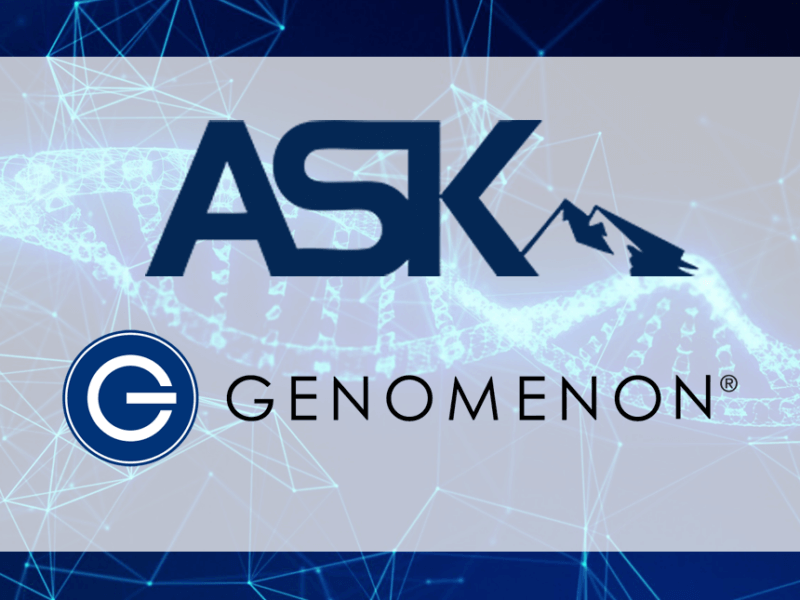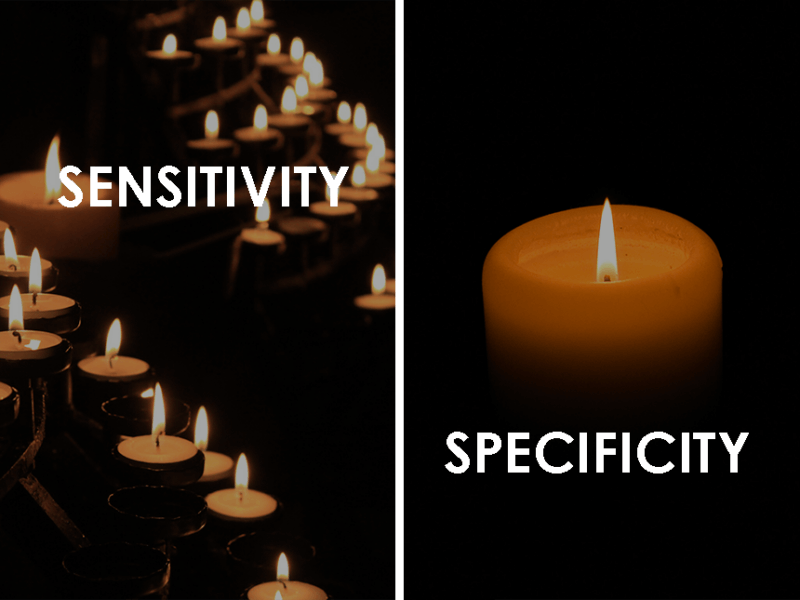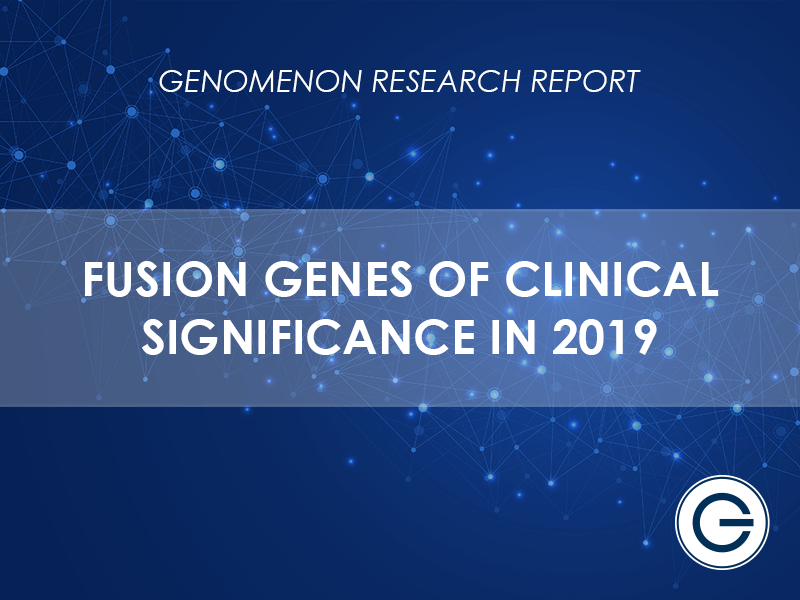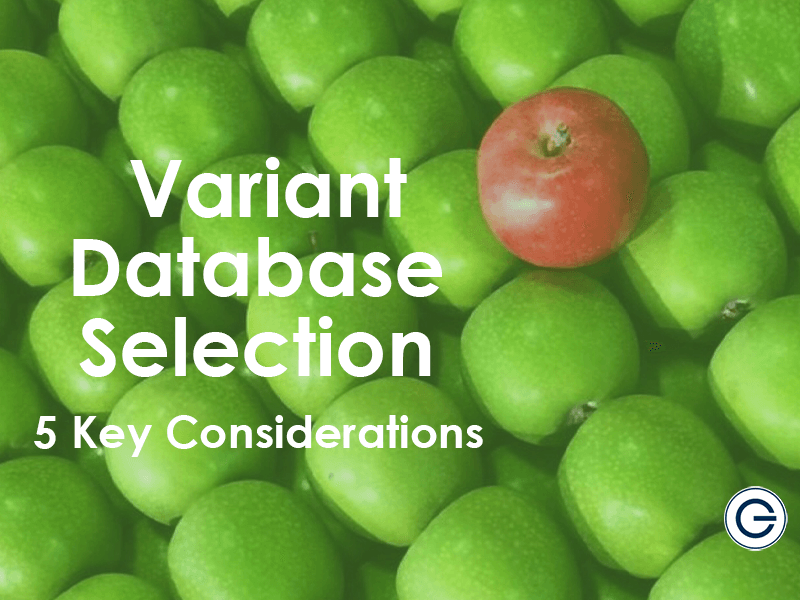Using Technology to Power Pharma and Clinical Genomics with Mike Klein
Genomenon CEO, Mike Klein met with Mike Maddox, host of ASK, to talk about Genomenon’s use of innovative technology to connect medical professionals with the scientific evidence they need to treat rare diseases and cancers.
Sensitivity versus Specificity for Non-Coding Variants
With our update on June 10, 2020, Mastermind now has greatly enhanced capabilities when searching for intronic and non-coding variants across the medical literature. I’m covering this major enhancement in two blog posts. This first post explains the “why” of the update, the second goes into detail about the “what”.
Uncovering the Genomic Variant Landscape for Rare Disease BPAN
Beta-propeller Protein-Associated Neurodegeneration, or BPAN, is a rare genetic condition caused by mutations in the WDR45 gene. It is characterized by seizures, complex epileptic encephalopathies, developmental delays, and neurodegenerative symptoms similar to those found in Parkinson’s disease and currently has no cure.
Curating the Genome to Drive Drug Discovery
Genomenon Founder & Chief Science Officer, Dr. Mark Kiel, was a guest speaker at the 2019 Cutting Edge Drug Discovery & Development Symposium in Ann Arbor, Michigan on ‘Curating the Genome to Drive Drug Discovery’. Below are his slides and a transcript of his talk.
Genomenon Research Report: Fusion Genes of Clinical Significance in 2019
Fusion genes have long been known to play an important role in the development of cancer. Identifying and documenting each newly discovered fusion is crucial in both patient diagnosis and the development of Precision Medicine. The Genomenon team used the Mastermind Genomic Search Engine to compile a comprehensive knowledgebase of literature regarding gene fusions in …
5 Key Considerations when Selecting a Variant Database
With millions of human genetic variants cited in over 30 million articles, comprehensively searching the medical research for a variant can be like finding a needle in a haystack. This is especially important when a single paper can mean the difference between a variant of uncertain significance (VUS) and a pathogenic variant.





